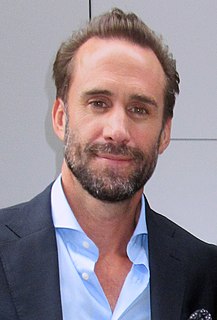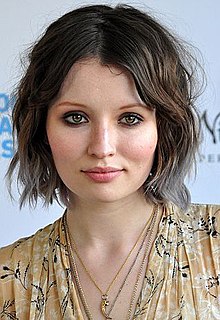A Quote by Floyd Skloot
Eliza Factor's first novel, 'The Mercury Fountain,' explores what happens when a life driven by ideology confronts implacable truths of science and human nature. It also shows how leaders can inflict damage by neglecting the real needs of real people.
Related Quotes
Understanding human nature must be the basis of any real improvement in human life. Science has done wonders in mastering the laws of the physical world, but our own nature is much less understood, as yet, than the nature of stars and electrons. When science learns to understand human nature, it will be able to bring a happiness into our lives which machines and the physical sciences have failed to create.
Science spotlights three dimensions of nature that point to God. The first is the fact that nature obeys laws. The second is the dimension of life, of intelligently organized and purpose-driven beings, which arose from matter. The third is the very existence of nature. But it is not science alone that has guided me. I have also been helped by a renewed study of the classical philosophical arguments.
You can't have a novel without real, believable people, and once you get into either too theoretical a novel or too philosophical a novel, you get into the dangers that the French novel has discovered in the past 50 or 60 years. And you get into a sort of aridity. No, you have to have real, identifiable people to whom the reader reacts in a way as if they were real people.
Marx is thought of as an implacable foe of capitalism. But go back and read the first section of the Communist Manifesto. Notice how it contains a paean of praise for the way capitalism and the bourgeoisie have both enriched the human powers of production and also enabled us to see with clear vision the nature of human society and human history.
I realize I have a lot of amazing opportunities, but I don't know how you can play a human being going through real human experiences without being able to walk down the street. If you can't live a real life, how do you play a real person? It always confuses me when actors work back-to-back-to-back with no break. If you live your life on a film set, how the hell can you relate to real people? You don't know what its like to not have people fussing over you all day, and that's not life - that's silly movies. I will always want to take breaks and I wouldn't be OK with losing that.







































